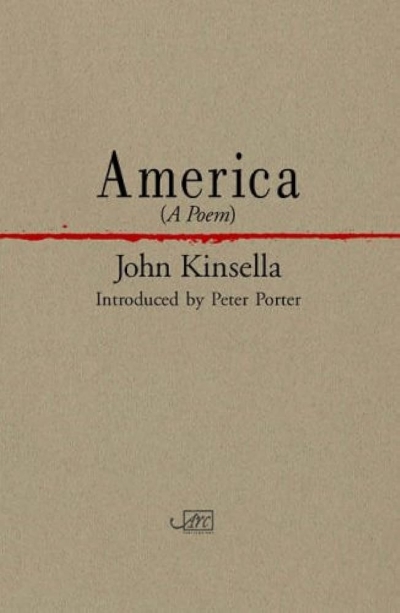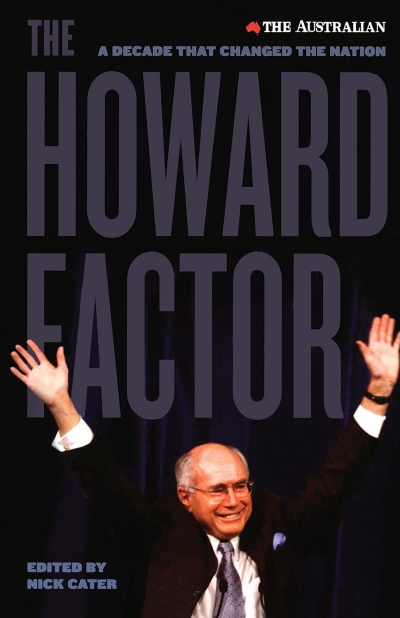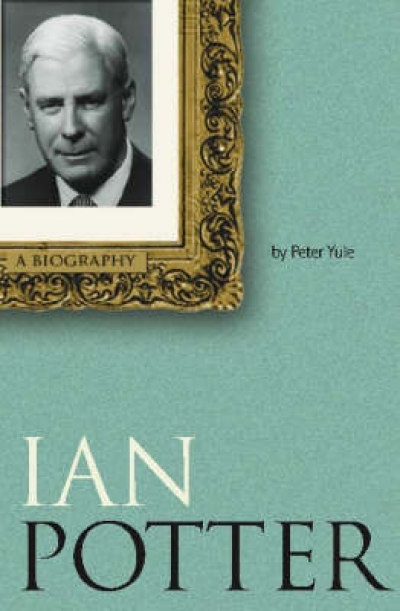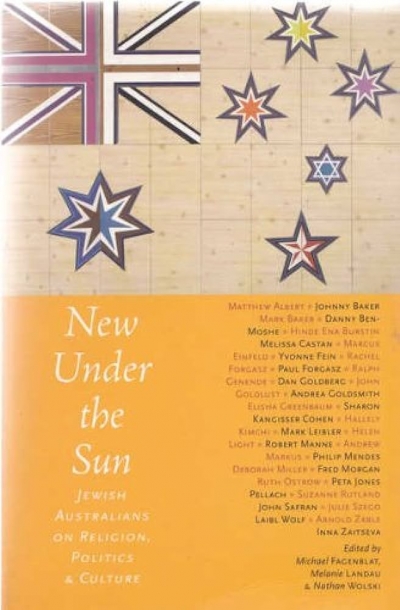Review
The Divided Self: Israel and the Jewish psyche today by David J. Goldberg
by Geoffrey Levey •
The Flower, The Thing by M.T.C. Cronin & The Last Tourist by Jane Williams
by Rose Lucas •
The Howard Factor edited by Nick Carter & The Longest Decade by George Megalogenis
by Neal Blewett •
New Under the Sun: Jewish Australians on religion, politics and culture edited by Michael Fagenblat, Melanie Landau and Nathan Wolski
by Tamas Pataki •
A World of Relationships: Itineraries, dreams, and events in the Australian Western Desert by Sylvie Poirier
by Tim Rowse •










